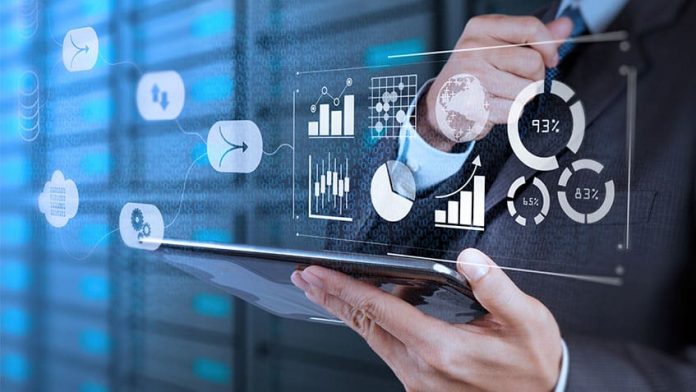by Alex Well
When you budget for your monthly expenses, what are some of the things you have to include? Your rent or mortgage, food costs, social expenses, and, of course, your utilities. These will include anything from natural gas to electricity, water bills, and more.
The electric service is perhaps one of the most important of any of these because you use electricity for so many things in your daily life. From flipping the lights on in the morning to running your appliances, there are plenty of different items that will show up on your electric bill.
For this reason, many utility companies need to be prepared to deal with a high amount of data and customer communications. Between sending out bills, starting service, and answering inquiries, you have a lot on your plate in different scenarios as an electric supplier.
Contents
Luckily, with the help of different master data management and business intelligence platforms, you can easily handle all these data points at any given time. Business users can benefit from so many different data management styles, especially reference data management.

With so many different areas of master data management, it's important to define what reference data management (RDM) is specifically. This is actually the framework and hierarchy that helps keep everything else organized. RDM manages classifications throughout your business. Where certain data wasn't recognized or organized before, an RDM hierarchy can shed some light on that situation.
Some of the best examples of reference data are country codes, currencies, or organizational unit types. Anything that helps you do your job easier and communicate in a shared language throughout different organizations is considered reference data. And RDM helps you secure that reference data in the most productive way.
RDM is all about situating your data within a certain structure or framework. This makes comparing products an easy task as you have the mechanism to see direct comparisons to figure the best value. When you are picking out an electricity provider, you want to make sure you have a reliable company that will provide you the best service.
Whether you are a new customer or renewing your current electricity rate, you can easily do an electricity comparison online with the help of RDM. Understand exactly what you're getting with your plan and how you can incorporate better energy efficiency into your home. Ultimately, moves like this will help you save money on your energy costs.
Connectivity is necessary for electric providers and their customers. Without constant communication and access, you would never be able to get the correct energy to the people that need it. Having RDM helps you set up an effective framework for this communication.
Through online databases or portals, customers can track their attributes and ask any questions through a mutually understood platform. This is the future of customer communications.
RDM helps guarantee that information goes to the right place immediately. With a framework in place, every piece of information has a specific spot it belongs for maximum efficiency. This helps you track customer usage in new ways and find insights beyond standard data. Create better billing systems and easier ways to process accounts with the help of this technology.
Overall, RDM is about setting frameworks that organizations can operate in with little difficulty. By setting this standard, you are finding better solutions and helping your entire data warehouse. Help your employees answer questions faster and find what they need with the click of a button. If efficiency is your goal, having organization through RDM is the answer.
About Alex Well
 |
 |
 |
 |
 |
 |
 |